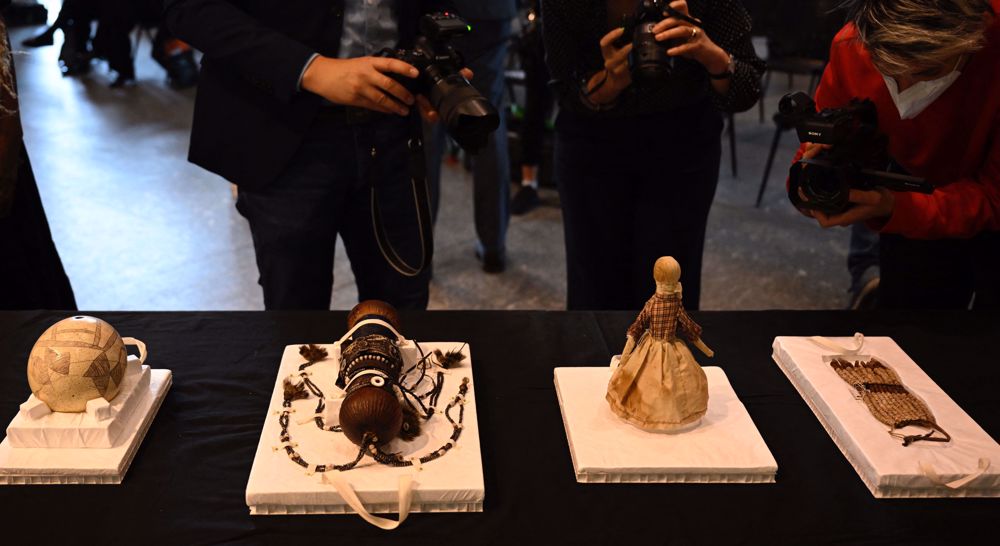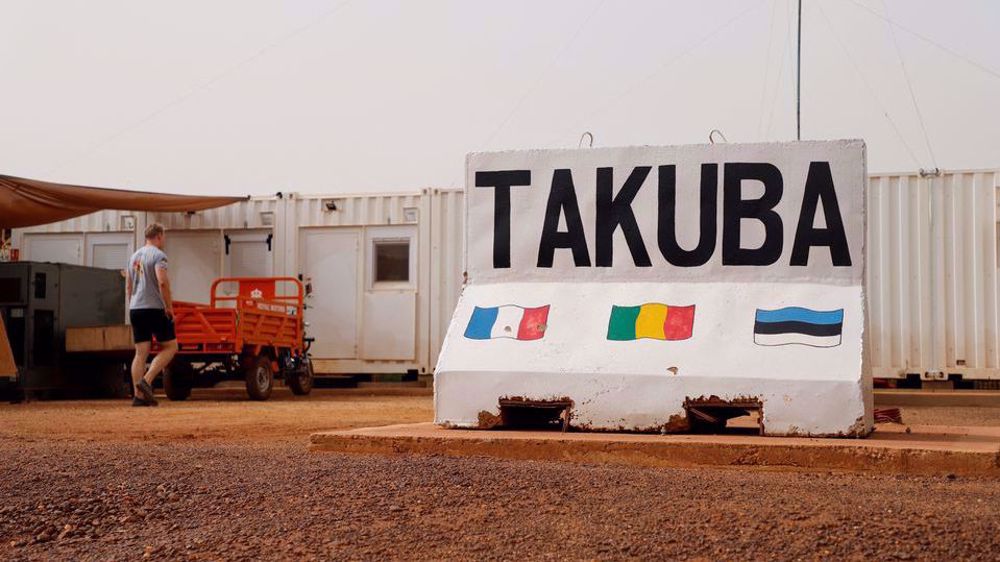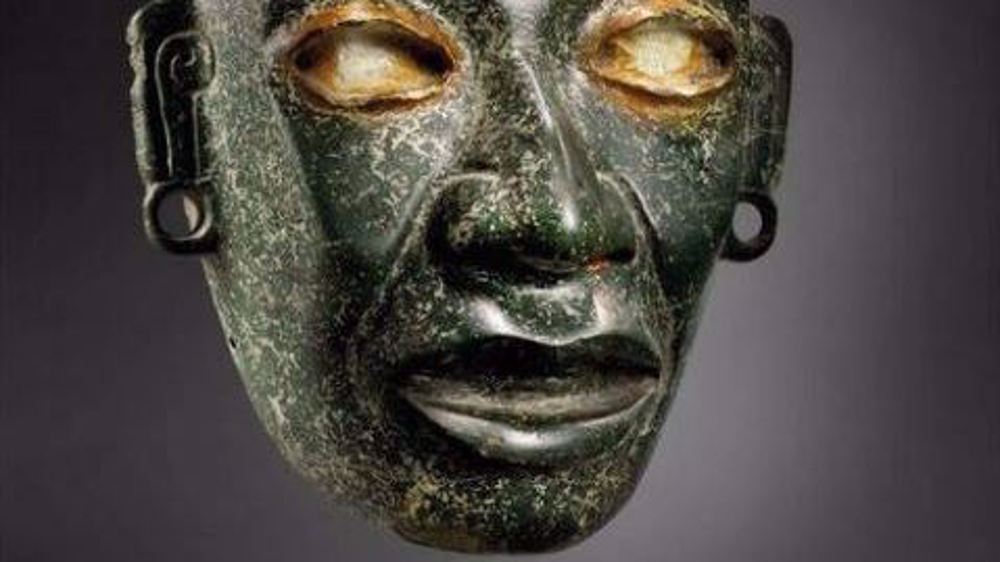Germany loans looted artifacts to Namibia instead of returning them
A German museum has agreed to loan back ancient artifacts looted from the African country of Namibia by the former European colonizer instead of returning them to their real owners.
Berlin's Ethnological Museum announced on Tuesday that it will send 23 ancient pieces of jewelry, tools and objects to the National Museum of Namibia to enable local artists and academics to conduct research on the items.
The ancient artifacts include a three-headed drinking vessel, a doll wearing traditional dress and various spears, hair pieces and other fashion accessories.
Authorities said the indefinite loan of the artifacts is part of a project to encourage rapprochement between the two countries.
The move is a new chapter in "the long, complex history that Namibia and Germans have", Esther Moombolah, director of the National Museum of Namibia, told journalists in Berlin.
Namibians should not "have to get on a plane to see our cultural treasures which are kept in boxes in foreign institutions", she said. "We urge all future partners to follow suit like this institution."
Germany’s Ethnological Museum has 75,000 African artifacts. In addition to stealing Namibia's treasures, German colonizers plundered resources and committed genocide in Africa, killing tens of thousands of natives, particularly in the 1904-1908 massacres.
Other western countries, most notably France, Britain, Belgium, Holland, Italy and Spain, did the same.
France’s Quai Branly Museum has almost 70,000 ancient African artifacts, the British Museum has 73,000, and the Netherlands’ National Museum of World Cultures has 66,000. Belgium’s Royal Museum for Central Africa alone has 180,000 ancient African items in its possession, and museums in the United States have 50,000.
In this regard, French President Emmanuel Macron has gone as far as publicly acknowledging past atrocities committed by French soldiers and police in African states' history.
He just became France's first leader to give back looted African colonial-era treasures, returning a dozen artifacts to Benin, and a sword to Senegal.
Macron, however, ruled out an official apology to France's former African colonies and instead ordered setting up expert commissions to dig into historical archives.
UK's police arrest ex-prince Andrew over sex scandal linked to Epstein
Iran elected vice-chair of UN Special Committee on Charter
Iran envoy says decision made to exchange ambassadors with Egypt
Russia continues to develop relations with Iran: Kremlin
VIDEO | Friends of Palestine meet at UN in Vienna
Trump’s war-mongering on Iran sparks sharp rebuke from US lawmakers
Top American columnist warns of Netanyahu exploiting Trump for Iran war
VIDEO | Press TV's news headlines












 This makes it easy to access the Press TV website
This makes it easy to access the Press TV website